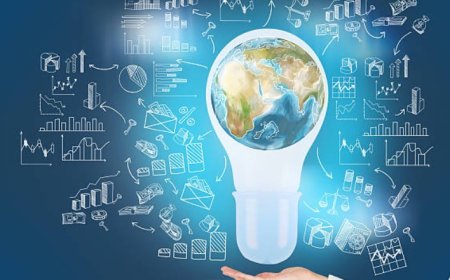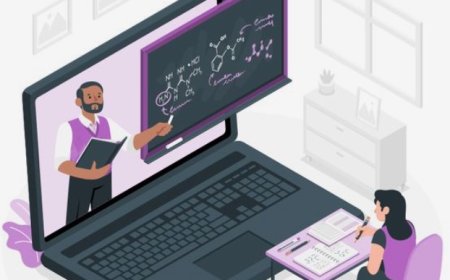ICT in Healthcare: Transforming Delivery and Improving Outcomes
ICT in healthcare: Improving delivery, patient outcomes, and efficiency through EHRs, telemedicine, big data, wearables, and AI.
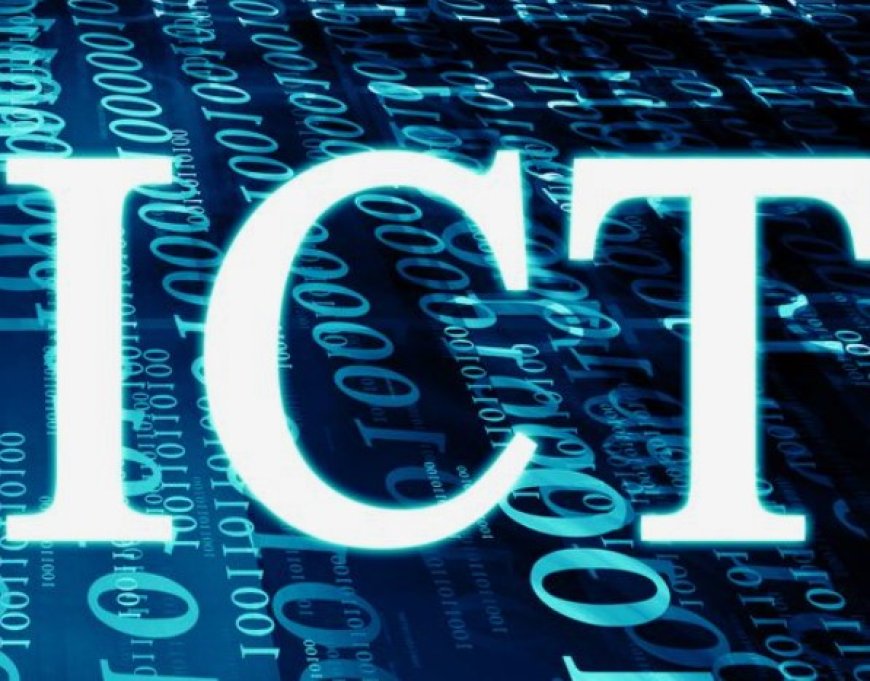
Information and Communication Technology (ICT) has had a deep affect healthcare, transforming by what method healing duties are brought, improving patient consequences, and improving overall adeptness. Here are some key districts place ICT is secondhand in healthcare:
1. Electronic Health Records (EHRs): EHRs have having another in one's place traditional paper-located healing records in many healthcare backgrounds. They provide a inclusive and surely approachable mathematical record of a patient's medical history, containing diagnoses, cures, test results, and situation plans. EHRs raise care coordination, decrease healing mistakes, and enable better accountable by healthcare providers.
2. Telemedicine and Telehealth: ICT has authorized the use of telemedicine and telehealth principles, admitting patients to talk over with another healthcare specialists by chance. Video consultations, remote listening of signs of life, and telemedicine apps have created healthcare more approachable, especially in country and underserved extents.
3. Health Information Exchange (HIE): HIE admits the secure exchange of patient health facts between various healthcare arrangements. This interoperability enables smooth ideas middle from two points healthcare providers, leading to better-related care and enhanced patient consequences.
4. Mobile Health (mHealth) Applications: The extensive use of smartphones has led to the incident of mHealth requests. These apps help consumers path their health versification, accomplish never-ending conditions, endure drug warnings, and approach health news on-the-go.
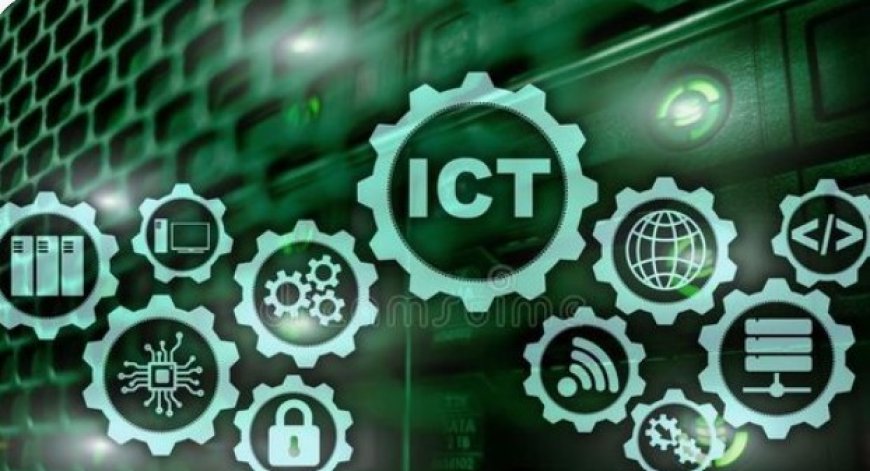
5. Health Analytics and Big Data: ICT promotes the study of large books of energy dossier to label patterns, trends, and intuitions. Health data and considerable data play a critical act in people energy management, ailment following, and embodied medicine.
6. Wearable Devices and Remote Monitoring: ICT-allowed wearable tools, in the way that appropriateness trackers and smartwatches, allow unending listening of signs of life and fitness parameters. Remote listening of inmates accompanying chronic environments has enhance more doable, permissive early detection of fitness issues and up-to-the-minute invasions.
7. Health Information Systems: Healthcare facilities use ICT to accomplish their facts methods, containing hospital news methods (HIS) and workshop information wholes (LIS). These orders organize governmental processes, patient registration, advertising, and stock administration, leading to raised adeptness and cost stockpiles.
8. Robotics and Artificial Intelligence (AI): ICT has concreted the way for the unification of electronics and AI in healthcare. Robots assist accompanying surgeries, act repetitive tasks, and aid in patient restoration. AI algorithms help in diagnosing afflictions, anticipating patient outcomes, and upholding dispassionate in charge.
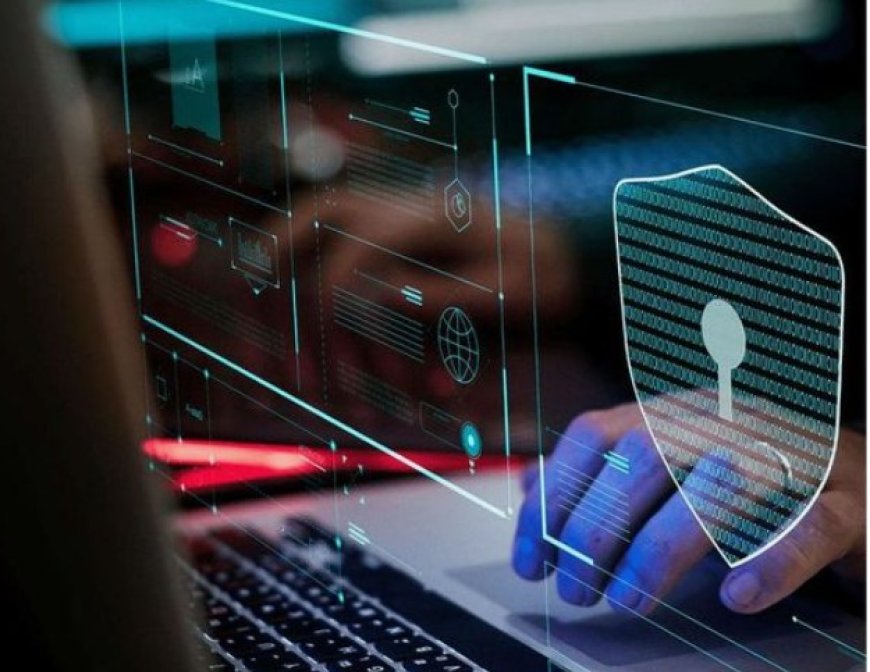
While ICT has produced significant progresses to healthcare, challenges in the way that dossier privacy and safety, interoperability, and the mathematical separate must be forwarded to ensure impartial approach to status healthcare for all. Continuous innovation and unification of ICT answers have the potential to further transform healthcare childbirth and improve worldwide energy consequences.





































































































































































































